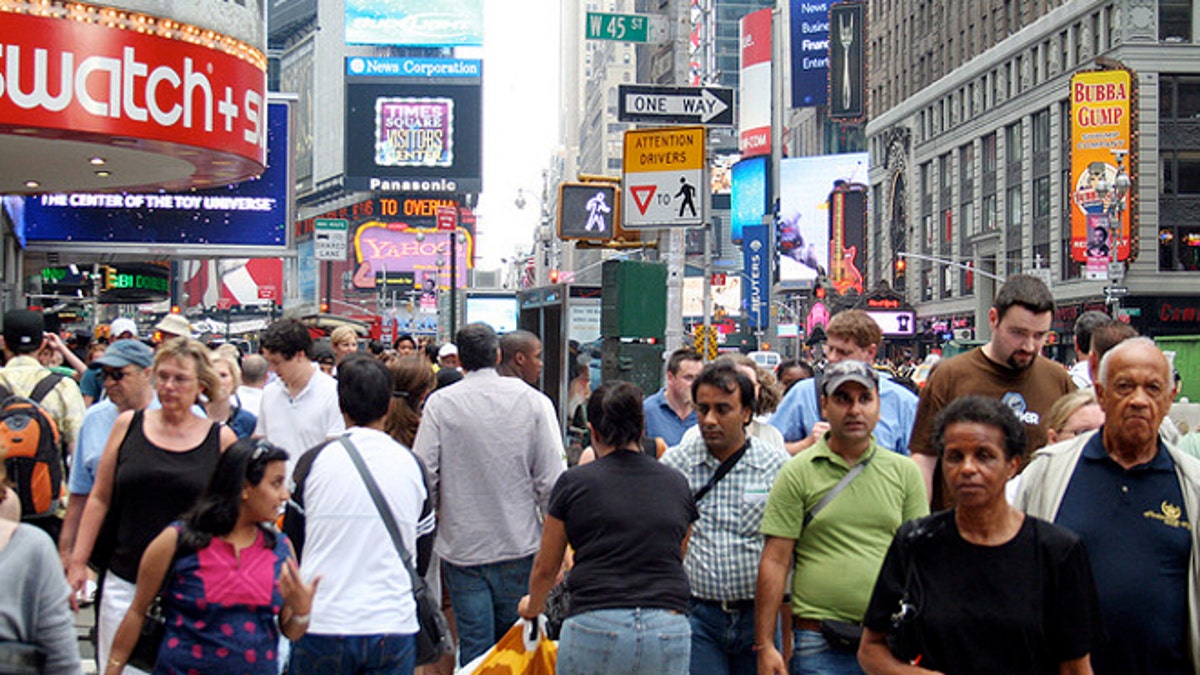
Anyone with an accent, dark skin, or Asian features knows it. One of the most common questions we get asked is, “Where are you from?” Usually, it comes right after you exchange names but sometimes, if you’re a New York City cabbie for instance, that question may get asked even if your questioner hasn’t seen your face.
Humans are curious creatures, and most of the time those asking –myself included—are looking for a way to connect. When people find that you’re from their home town or city, they might ask you what school you went to. Or they might mention an acquaintance who lives in your town, works in your company or attends the same church. We do this all the time.
But what happens when people who were born in this country, or those who are second or third generation American, continue to be asked,
“Where are you from?” And when they answer,
“Newark, New Jersey,” they still get,
“No, really, where are you from?”
“Newark, New Jersey.”
“But where are your parents from?”
“Newark, New Jersey.”
- Mariela Dabbah: Don’t Let 24/7 Life Get You Down
- Mariela Dabbah: Starting a New Year’s Gratitude List
- Mariela Dabbah: Don’t Cry for me Argentina
- Mariela Dabbah: If You Don’t Speak English, Don’t Run for Office
- Mariela Dabbah: What’s Wrong with the Education System?
- Mariela Dabbah: Work to Live or Live to Work?
Usually, this line of questioning doesn’t stop until you answer what they really want to know, “My great grand parents came from Guadalajara, Mexico.”
Although the intention of the person asking the question may be good (they may be interested in finding out more about you), the impact is often what we call a microaggression, a verbal or non-verbal act that is indirect and often invisible, through which people express prejudices in a covert way.
In this case, it is as if you are denying this person’s identity as an American. As if their identity is forever tied to that of their remote ancestors, something we don’t do with white, Anglo Saxon people. As a matter of fact, this question means something entirely different to a white person. It means what city or town were you born in. And if you kept on asking, “No, really, where are you from?” They’d look at you as if you were crazy or deaf.
Putting up with these kinds of microaggressions on a daily basis hurts, and inevitably, it creates resentment. Think of comments such as, “No offense but Hispanics are all loud. And don’t get me wrong, my best friend is Hispanic,” as if that qualified the speaker to generalize about a whole group. Or the surprised observation about an African American who speaks well, “She’s so articulate,” which in a subtle way implies most blacks are not. Or the comment, “When I look at you, I don’t see color. You are different than other Latinos (or Blacks),” denying that person’s dark skin which is part of their identity.
The truth is that there’s a microaggression in each one of these comments, although most likely those making them think they are being complimentary. The problem here is the incongruence between intention and impact.
Celebrities Who Once Were Undocumented
I’m not pointing fingers. No one group owns the patent on microaggressions. At one time or another, most of us have said or done something that made someone different from us feel uncomfortable. Most of it comes from ignorance of what triggers these feelings in others. A lot of it is lack of cultural capital.
The best way to minimize these hurtful acts is to be aware of your intention and carefully imagine the impact that your words or behavior have on someone with a different background.
And if you really are curious about where your cabbie is from, maybe you could start by sharing something about yourself.
“Hey, I’m Peter Van Der Haas, and my parents are from Holland. What’s your heritage?” or “What’s your ancestry?” That may go a long way toward your cabbie taking the shortest route to your destination.
Mariela Dabbah’s new book Poder de Mujer was just released by Penguin. She’s a leadership consultant for corporations and organizations, an award winning author and renown public speaker. She’s the founder and CEO of Latinos in College, a not-for-profit organization that helps students and families find everything they need to succeed in college.
Photo: Victor Villanueva @ Flickr.
Follow us on twitter.com/foxnewslatino
Like us at facebook.com/foxnewslatino
